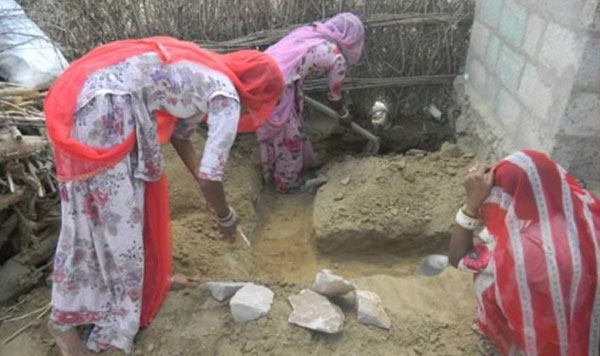Prime Minister Narendra Modi’s Swachh Bharat Abhiyan seeks to promote a culture of cleanliness, hygiene and sanitation. Eager to gain momentum, the Centre is considering a proposal to ask private companies and PSUs to spend around 25- 30% of CSR funds on the cleanliness programme. It expects to garner close to Rs 2 lakh crore of funds over the next three years. Even the companies, which are already doing a lot of work through their CSR activities, would be asked to mandatorily take up certain projects, for this purpose. For example, a company doing CSR towards sewage or clean drinking water in a few cities would be made mandatory to do them in other cities too. The Centre has already raised over Rs 2,500 crore from the Swachh Bharat Cess as against a target of Rs 3,000 crore. It plans to raise Rs 10,000 crore from the cess in the next financial year. The cess, which was introduced in November last year, is imposed at 0.5 per cent on all taxable services to finance and promote initiatives under the Swachh Bharat Mission. However, one has to wait for the Prime Minister’s announcement to see whether it (30 per cent CSR on Swachh Bharat) is made mandatory or not.
Case study: Soni Devi, a 28 year old widow belongs to the SC community in Harupanio Ki Dhani at Bhimda village, about 45 km from Barmer. Her husband died 4 years back due to brain hemorrhage leaving behind Soni along with their only son. After the untimely death her meager earnings of Rs. 2000/- per month was not enough for the family to lead a better life.  Cairn India ltd, as part of its flagship CSR programme on Skill Development, initiated a capacity building programme, exclusively for rural women, through Assistant Masonry skill training at Bhimda Village. This proved to be a great boon for Soni Devi. As a value addition, all the women participants are also being made literate through a provisional literacy programme designed for them. Post completion of the training, Soni Devi has started working as Assistant Mason and earns a daily wage of Rs. 450/- to 500/-. She has taken up construction of household toilets under the Nirmal Bharat Abhiyaan Programme.
Cairn India ltd, as part of its flagship CSR programme on Skill Development, initiated a capacity building programme, exclusively for rural women, through Assistant Masonry skill training at Bhimda Village. This proved to be a great boon for Soni Devi. As a value addition, all the women participants are also being made literate through a provisional literacy programme designed for them. Post completion of the training, Soni Devi has started working as Assistant Mason and earns a daily wage of Rs. 450/- to 500/-. She has taken up construction of household toilets under the Nirmal Bharat Abhiyaan Programme.
Global efforts: The Government of India and the World Bank signed a US$1.5 billion loan agreement for the ‘Swachh Bharat Mission (SBM) Support Operation Project’ to support the Government in its efforts to ensure that all citizens in the rural areas have access to improved sanitation with a focus on changing behaviour and eliminating the practice of open defecation by 2019. Specifically, this project will support the rural component, known as SBM – Gramin (SBM-G), over a five-year period using a new performance-based program which links funds directly to results. More than 60 percent of India’s population that resides in rural areas. “Incentivizing good performance by states and the focus on behavioural changes are two important components of this project,” says Onno Ruhl, World Bank Country Director for India.
(With inputs from The Hindu)


